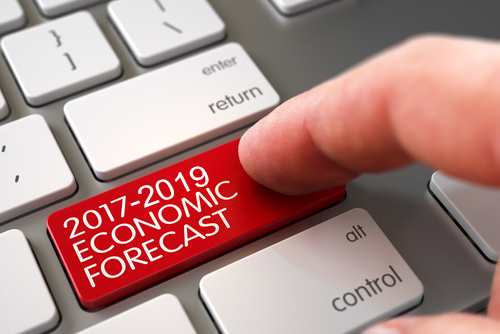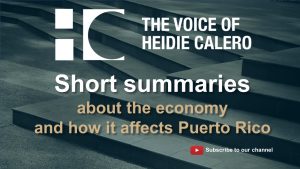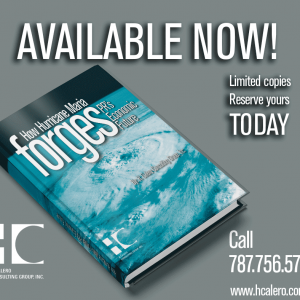
Jun 2017: So, what’s the Plan for Puerto Rico?
Assessment of Fiscal Plan’s questionable elements
Tensions seem to be flaring between the Fiscal Oversight Supervisory Board (Board), designated per PROMESA law, and the Government of PR as the reality of a steep decline in nominal GNP growth in the Island begins to materialize through the new budget’s fiscal discipline measures. The Fiscal Plan, submitted by the Governor of PR and approved by the Board, charts the route ahead. As more details became available, different groups have become more vocal in criticizing the approved Fiscal Plan (FP). Underlying these concerns are several questions, such as: Will the Fiscal Plan spur investment and economic growth? Are the measures included in the FP enough to restore fiscal discipline and return to a growth path? Are the FP’s assumptions correct? Does the FP adequately asses economic impact? This issue attempts to answer some of these questions from the standpoint of bondholders, renowned economists, government officials, and HCCG.









